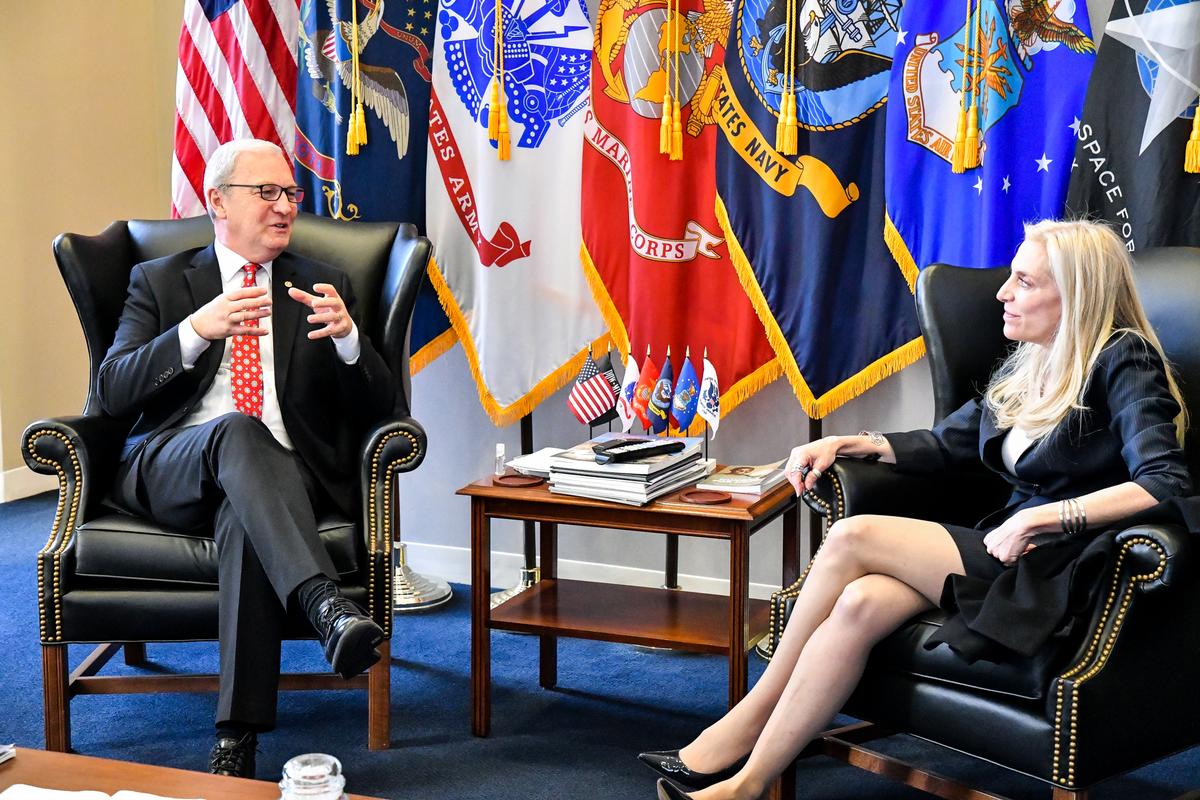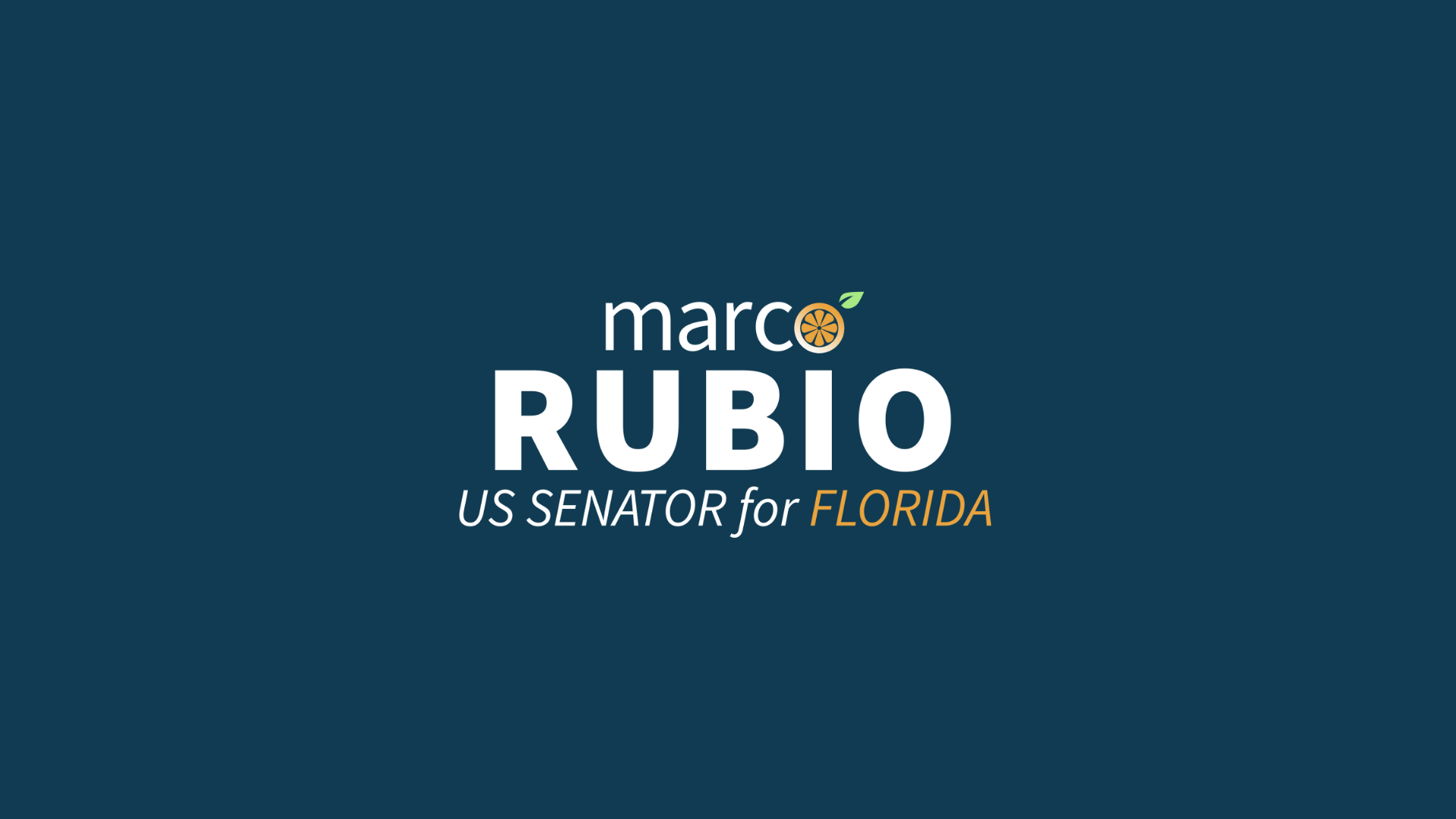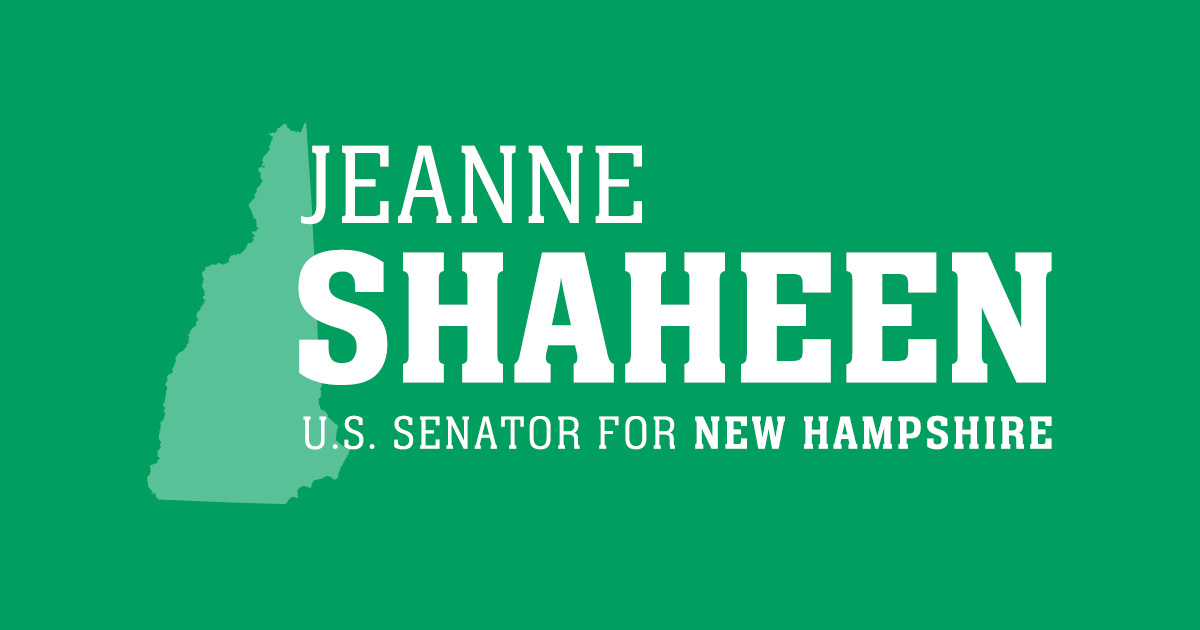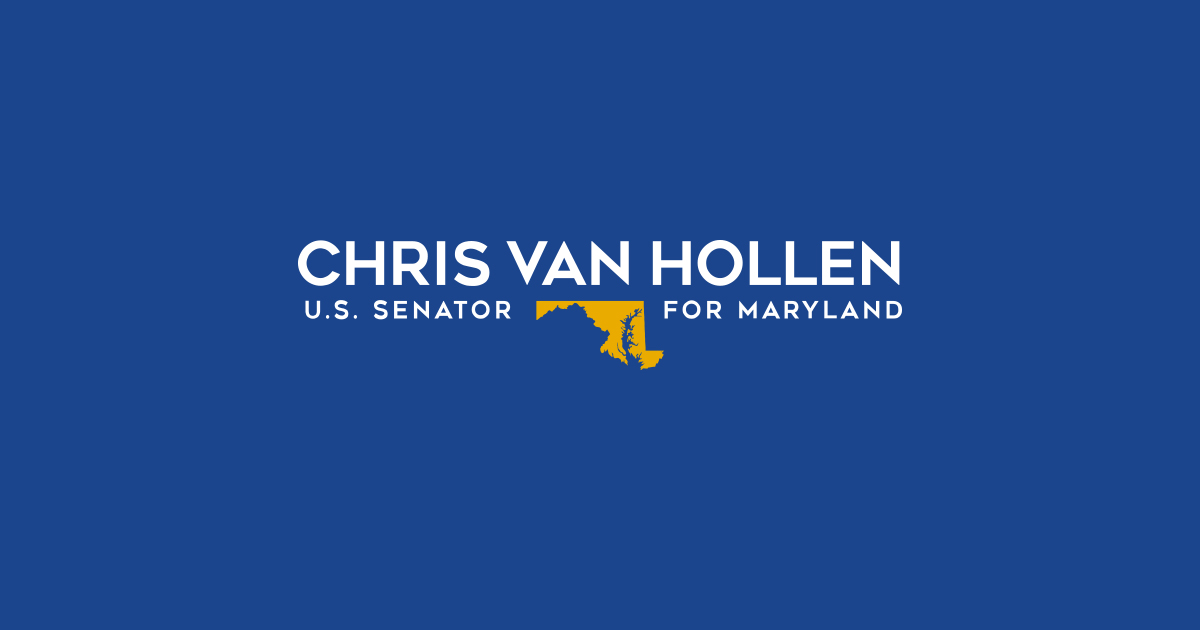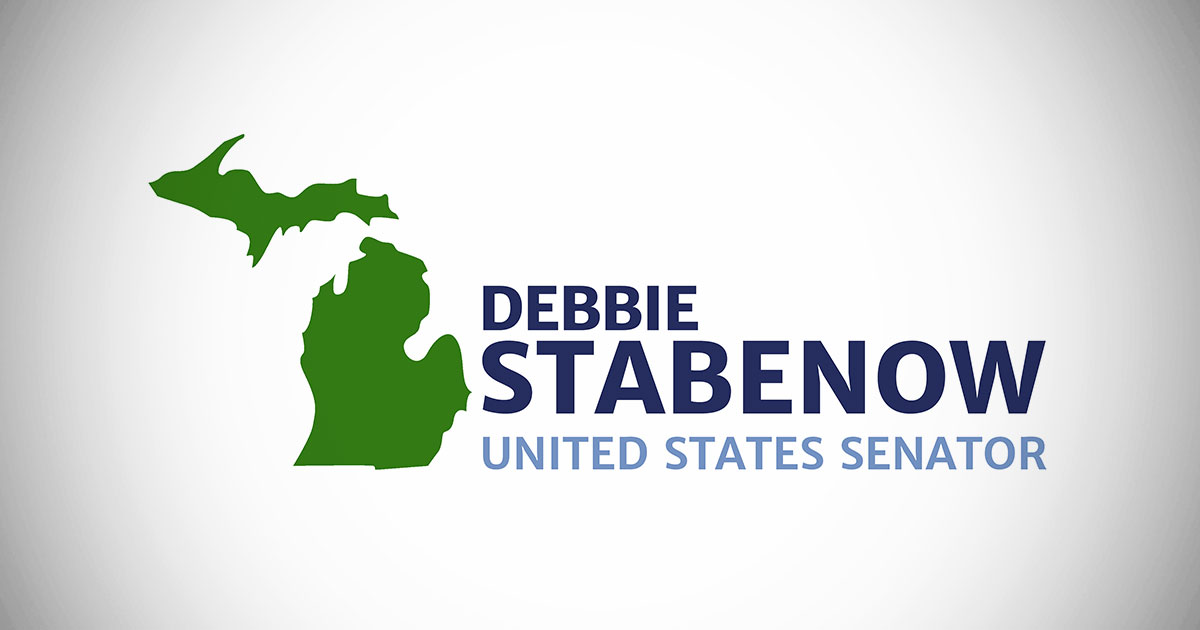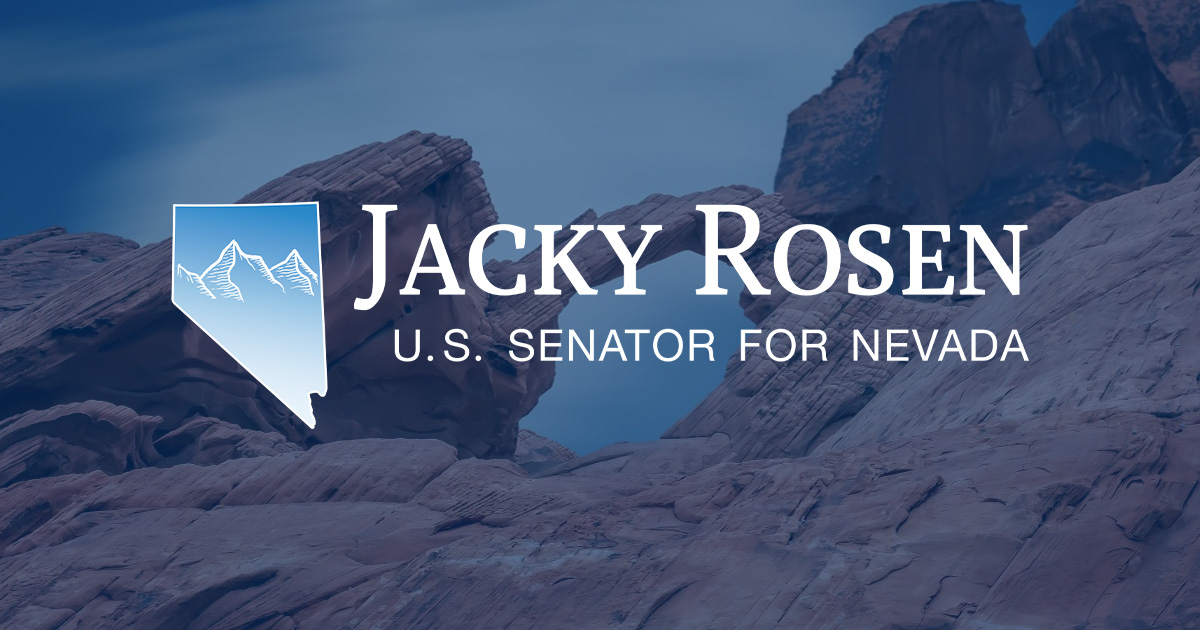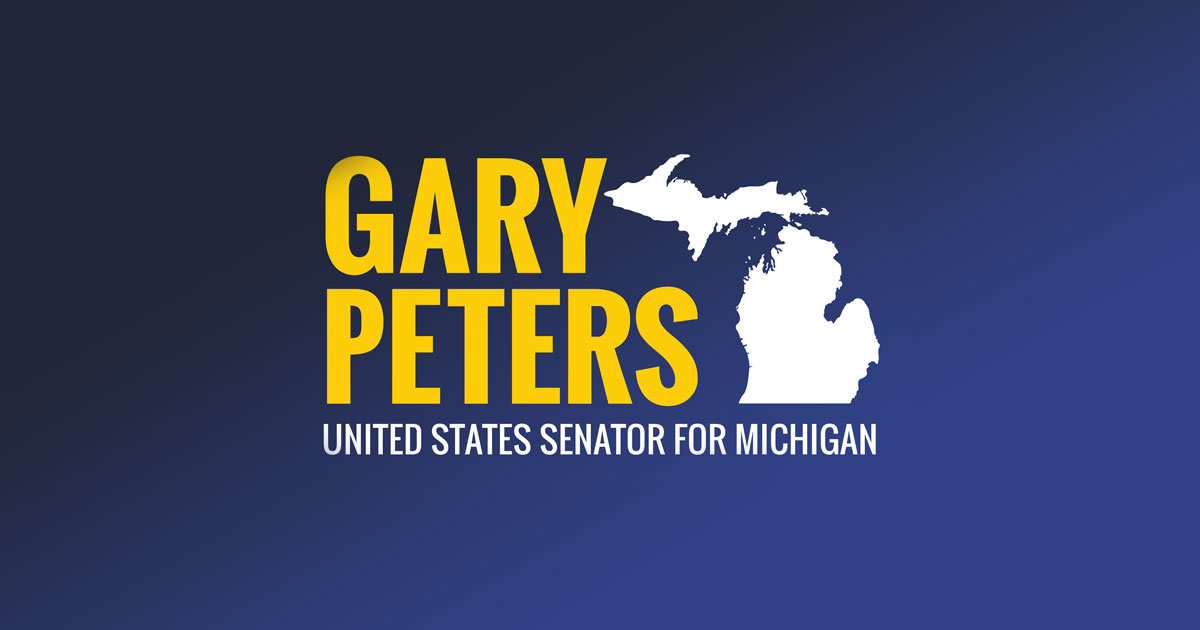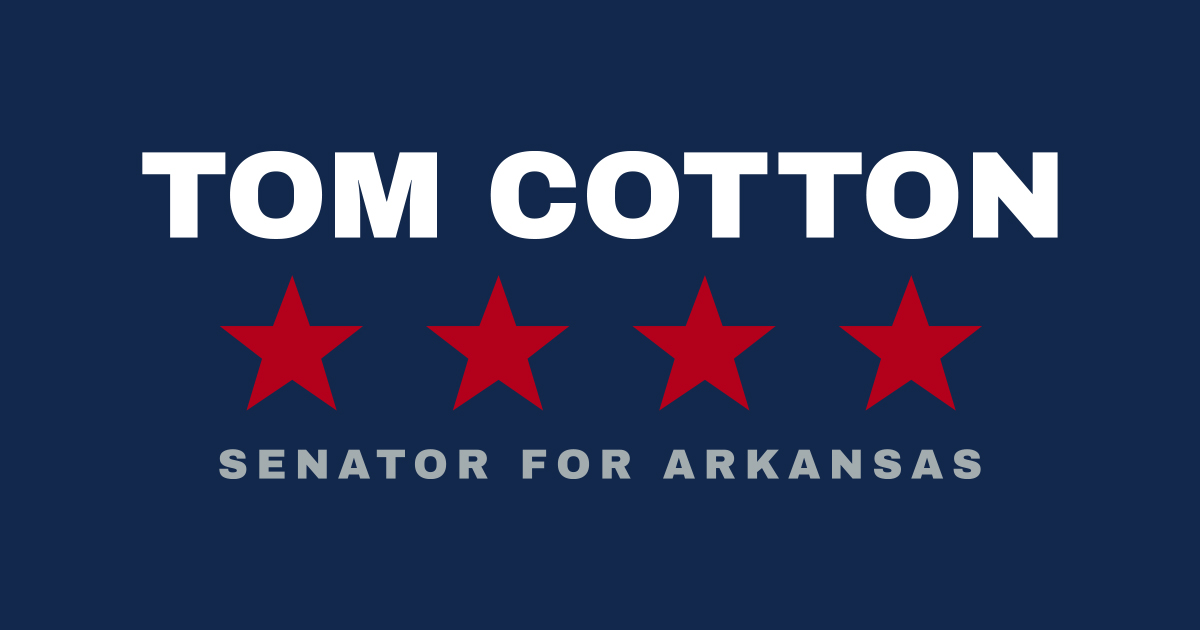Source: United States Senator Kevin Cramer (R-ND)
WASHINGTON – U.S. Senator Kevin Cramer (R-ND) discussed the Federal Reserve’s energy and climate role with Lael Brainard, nominee to be Vice Chair of the Federal Reserve, at a Senate Banking Committee hearing. The senator began by thanking Dr. Brainard for Wednesday’s meeting where he outlined concerns about her previous comments on the agency’s role in climate change and the Biden Administration’s effort to implement its social and climate policy agenda through the Federal Reserve.
“I, of course, come from a state that is producing 400,000 barrels of oil less than it did before. It has a lot of capacity for more. The Bakken is cash-starved quite honestly and some of that is because of the signals they’re getting from banks and the banks are getting from others that investing in oil production is persona non grata. Now the demand is going up, the supply is being held down by both rhetoric and policy. Most of it is not your policies, but the President’s. I worry, frankly, we want to transfer our climate guilt by suggesting that we shouldn’t produce so much in the U.S. while global demand goes up and our adversaries – who are not nearly as environmentally friendly as we are – produce. Does that matter in these climate scenarios that we may very well be hurting our own economy, our own production, our own job creation while transferring both the opportunity and the guilt to another polluting country,” said Senator Cramer.
“The question you are raising is a very big one that I don’t study in terms of energy policy. I would just say when we do supervise institutions to see that they are managing their material risks, it’s pretty pedestrian stuff. It’s ‘Do you have a risk management committee?’ I understand the concern that you are raising. But our supervisory guidance is very much around making sure those guardrails are there,” responded Dr. Brainard.
“I want you to be really definitive about this issue. Are you in sync with Chairman Powell’s position, and he stated it a couple of times a couple of days ago? Would you say that you are in sync with his assessment of climate and where it belongs in your mandates?” asked Senator Cramer.
“Yes, I am,” answered Dr. Brainard.
“
He said that to the degree it fits within your mandates climate is one of many factors basically. He said [it’s] important, but very narrow. I’m trying to reconcile why so many of our friends on the other side of the aisle think you’re wonderful on climate, but they’re not going to support Chairman Powell for some of the same reasons,” continued Senator Cramer.
“We do operate within our statutory mandates. We talk a lot about what those are and what those mean. So I think generally speaking those are the guardrails that we operate within. I do try to be aware of emerging risks generally. I thought it was important to develop research in the area of digital finance for instance several years ago. So I am looking out over the horizon sometimes. But we’re very in sync in terms of what we think our responsibilities as an institution are,” said Dr. Brainard.
Background:
